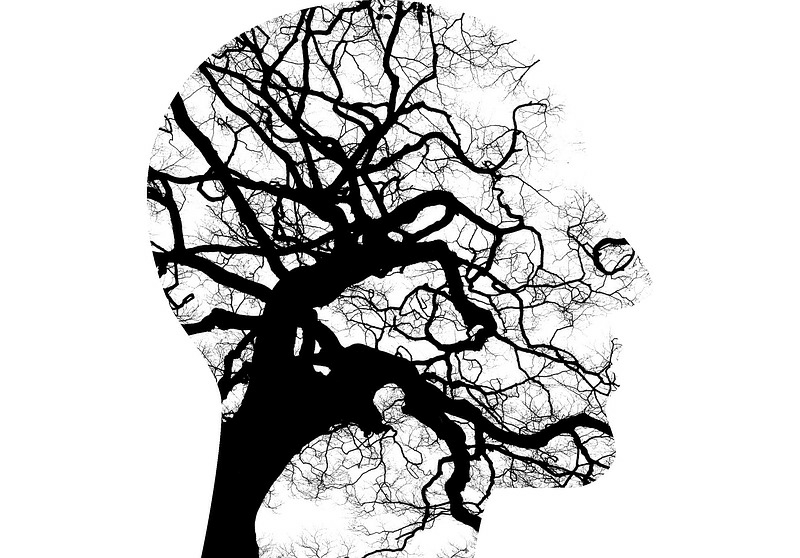Mental health in the construction industry
The term ‘health’ has evolved over time from referring simply to the body's ability to function, to include physical, mental and social wellbeing. Mental health refers to a person’s psychological and emotional wellbeing.
WHO guidelines on mental health at work, published by the World Health Organization in 2022, defines mental health as: ‘A state of mental well-being that enables people to cope with the stresses of life, to realize their abilities, to learn well and work well, and to contribute to their communities. Mental health is an integral component of health and well-being and is more than the absence of mental disorder.’
It suggests that mental health conditions covers: ‘mental disorders and psychosocial disabilities. It also covers other mental states associated with significant distress, impairment in functioning or risk of self-harm. It thus includes significant emotional distress.’
According to the UK’s Mental Health Task Force (2016): 'Mental health problems represent the largest single cause of disability in the UK. The cost to the economy is estimated at £105bn a year – roughly the cost of the entire NHS.'
According to the Centre for Mental Health (2017), 91 million days are lost each year due to mental health problems. The cost to UK employers is estimated at nearly £26bn every year – or £1,035 per employee.
The construction industry has a particular problem with mental health issues, due in part to:
- The high pressure, sometimes physically demanding nature of the work.
- Long hours.
- The transient and unpredictable nature of the work.
- The culture that exists in some parts.
- Working away from home.
The report ‘Suicide by occupation: England: 2011-15’ (Office of National Statistics, 2017) revealed that suicide rates in construction are 3.7 times higher than any other industry.
Mental health issues can include:
- Addictions and other problems with drugs, alcohol, gambling and so on.
- Anger.
- Anxiety.
- Depression.
- Eating disorders.
- Insomnia and other sleeping disorders.
- Loneliness.
- Obsessive-compulsive disorder.
- Personality disorders.
- Self esteem issues.
- Self-harm and suicide.
This can affect:
- Construction workers.
- Other people involved in the construction industry such as consultants and suppliers.
- Building occupants.
- Third parties such as neighbours, passers-by and so on.
Mind have produced 6 mental health core standards that employers should put in place:
- Produce, implement and communicate a mental health at work plan.
- Develop mental health awareness among employees.
- Encourage open conversations about mental health and the support available when employees are struggling.
- Provide employees with good working conditions and ensure they have a healthy work life balance and opportunities for development.
- Promote effective people management through line managers and supervisors.
- Routinely monitor employee mental health and wellbeing.
[edit] A number of articles on Designing Buildings relate specifically mental health issues:
- Burnout.
- Emotional distress.
- Health.
- Heat stress.
- Heritage and mental health.
- Managing stressful issues in construction.
- Mental disorders.
- Mental health and wellbeing.
- Mental health first aid.
- Phobias.
- Psychosocial disability.
- Sick building syndrome / building related illness.
- Wellbeing.
[edit] Related articles on Designing Buildings
- Changing attitudes towards the mental wellbeing of early career Architectural Technology professionals.
- CIOB responds to CITB mental health and wellbeing report.
- Construction Health and Safety Group CHSG.
- Construction leadership for mental health.
- COVID-19 and mental health within construction firms.
- Economic upturn masks mental health crisis in 2021.
- 37% of SMEs suffer mental health problems due to pay issues
- Construction leadership for mental health
- COVID-19 and mental health within construction firms
- Economic upturn masks mental health crisis in 2021
- Emotional distress
- Empowering the construction industry to take action on mental health
- Mental health awareness week
- Mental health first aid
- Mental health and wellbeing
- Psychosocial disability
- Stop Make a Change SMAC-20.
- Tackling mental health issues in construction
- Tackling mental health - 6 point plan
- Understanding and managing workplace stress is critically important to civil engineers.
- Understanding mental health in the built environment.
- World mental health day.
[edit] External references
Featured articles and news
Apprenticeships and the responsibility we share
Perspectives from the CIOB President as National Apprentice Week comes to a close.
The first line of defence against rain, wind and snow.
Building Safety recap January, 2026
What we missed at the end of last year, and at the start of this...
National Apprenticeship Week 2026, 9-15 Feb
Shining a light on the positive impacts for businesses, their apprentices and the wider economy alike.
Applications and benefits of acoustic flooring
From commercial to retail.
From solid to sprung and ribbed to raised.
Strengthening industry collaboration in Hong Kong
Hong Kong Institute of Construction and The Chartered Institute of Building sign Memorandum of Understanding.
A detailed description from the experts at Cornish Lime.
IHBC planning for growth with corporate plan development
Grow with the Institute by volunteering and CP25 consultation.
Connecting ambition and action for designers and specifiers.
Electrical skills gap deepens as apprenticeship starts fall despite surging demand says ECA.
Built environment bodies deepen joint action on EDI
B.E.Inclusive initiative agree next phase of joint equity, diversity and inclusion (EDI) action plan.
Recognising culture as key to sustainable economic growth
Creative UK Provocation paper: Culture as Growth Infrastructure.
Futurebuild and UK Construction Week London Unite
Creating the UK’s Built Environment Super Event and over 25 other key partnerships.
Welsh and Scottish 2026 elections
Manifestos for the built environment for upcoming same May day elections.
Advancing BIM education with a competency framework
“We don’t need people who can just draw in 3D. We need people who can think in data.”






















